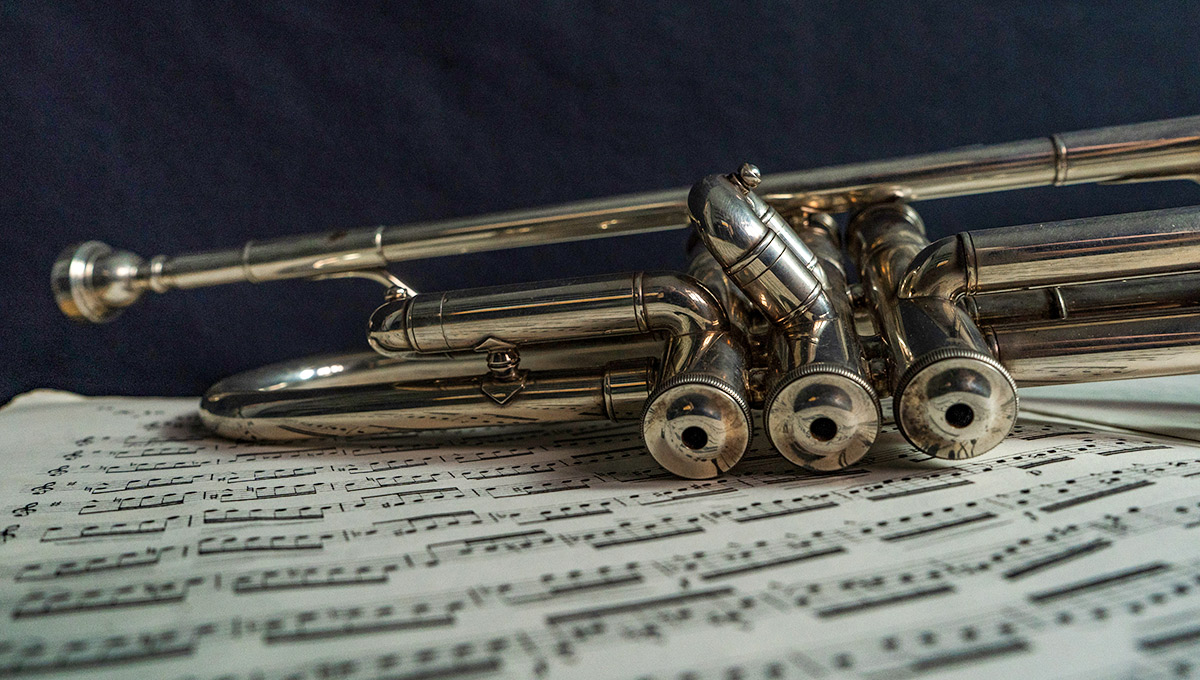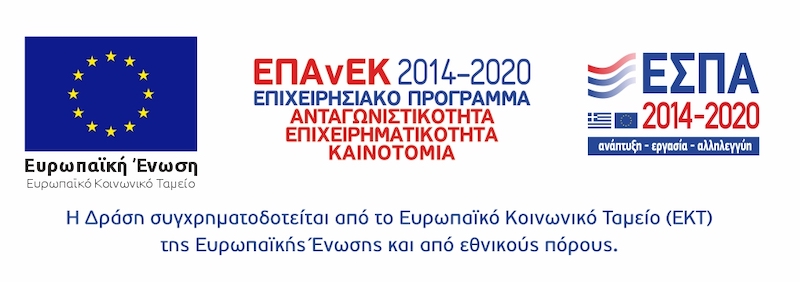It is an Association based Lixouri, Kefalonia. The purpose of the association, as defined by its Statutes (1904 and 1972) is "the free teaching and education of young people of both sexes from the Province of Pallis originating in vocal and instrumental music, the preservation of the musical body, the preservation of the musical tradition in Lixouriand in the Province of Pallis in general, the promotion of music in Lixouri ....".
According to the bibliography and the initial information, the foundation of the School between the years 1834 – 1839 is determined. In other words, it is probably the oldest Philharmonic in Greece. With the foundation, at that time, of its Philharmonic, Lixouri took the lead in the "cultural movement" during which, within about fifty years, Philharmonic Schools were founded in the Ionian Islands, with the aim of cultural development and national awareness of their inhabitants, during the period of British rule. The establishment of these Philharmonic Orchestras is not just about preserving and "organizing" an existing tradition, but it is the generative factor of a very important component of Greek Culture: the artistic musical expression through instrumental ensembles, which initially through these very Philharmonic Orchestras and later through Symphony Orchestras served great Kefalonian composers (Lavrangas, Tzanis - Metaxas, T. Dellaportas, etc.).
In the Archive of the historian Elias Tsitselis, a copy of the first "Statute" of the School is preserved, which was identified and published by the Professor of the University of Patras George Moschopoulos in his announcement at the Conference on the History of Ionian Music entitled "Contribution to the History of Ionian Music", which was held in Argostoli and Lixouri in 1995.[1] This Statute, which dates back to the year 1839, emphasizes the democratic processes of the group that founded the School, of which the sixteen-year-old Petros Iacovou Skarlatos was an active member. In addition, it is clearly stated that the young people of Lixouri participating in this movement meet in a body in order to be taught the Art of Music and to this end they decide to hire a teacher at their own expense and make a regulation for their education. In other words, it is the first school organization in Greece with the aim of providing music education, for the first association with the main purpose of musical popular education.
The musicologist Georgios Raftopoulos, in a volume dedicated to Petros I. Skarlatos, founder of the School and a distinguished composer, presents photographs of the coat of arms of the Philharmonic, where it is written as the date of foundation in 1834. The historian of Kefalonia Elias A. Tsitselis, who served as President of the Philharmonic, mentions in his Symmitika (vol. I), biographing Petros Skarlatos as the date of foundation in 1837. The Kefalonian satirical and historiodist Christos Vounas mentions 1837 or 1836 as the date of foundation. In the face of the variation of these dates we assume that the foundation of the School is prepared even earlier than the prevailing date (1836) and that it operated informally.
A particularly distinguished moment in the operation of the School is mentioned by Tsitselis the dissolution of the Band in 1839 under the pressure of the British Protection "because the students refused to play the English Hymn, as ordered by the Authority". In 1855 Petros Skarlatos took over the management of the School, as the "Lixouri Philharmonic School", until 1863.
The first conductors of the School were Livieri, and G. Cricca, and then Titoni, Sp. Bitsis, C. Carradori, Balassone et al. The Philharmonic went through a new phase of revitalization in 1896, when, as Georgios Raftopoulos notes, it was renamed the "Pallis Philharmonic School" with the Lixourian composer Tzortzis Dellaportas as Vice-President. Other conductors who passed through the management of the School are: Umbertos Perkola, Anastasios Robotis, Markos Tseroutis, Spyros Zervos-Koutsoumbis, Dionysios Evangelatos , Leonidas Dapergolas, Nikolaos Tsilifis, Christos Tsekos, Andronikos Kourouklis , Dionysios Theodoratos and others.
From the beginning of the 19th century until today, continuously and uninterruptedly, the Philharmonic School of Lixouri and later "Pallis", has been on a trajectory of almost two centuries. In this course, it is founded on solid foundations and exercises in the city of Lixouri the function of free music education of young people. No adverse era or condition has been able to suspend this educational activity. Neither the wars that shook the whole of Europe during the 20th century, nor the divisive storm of civil war. Characteristic is the reaction of the Philharmonic during the great earthquakes of 1953, which made the islands a pile of rubble. Retrieving instruments and uniforms from the ruins, the Philharmonic continues in the ruined and terrified Lixouri to stand alone operating in one of the few surviving buildings, the store of the Lixouri Nursing Home.



